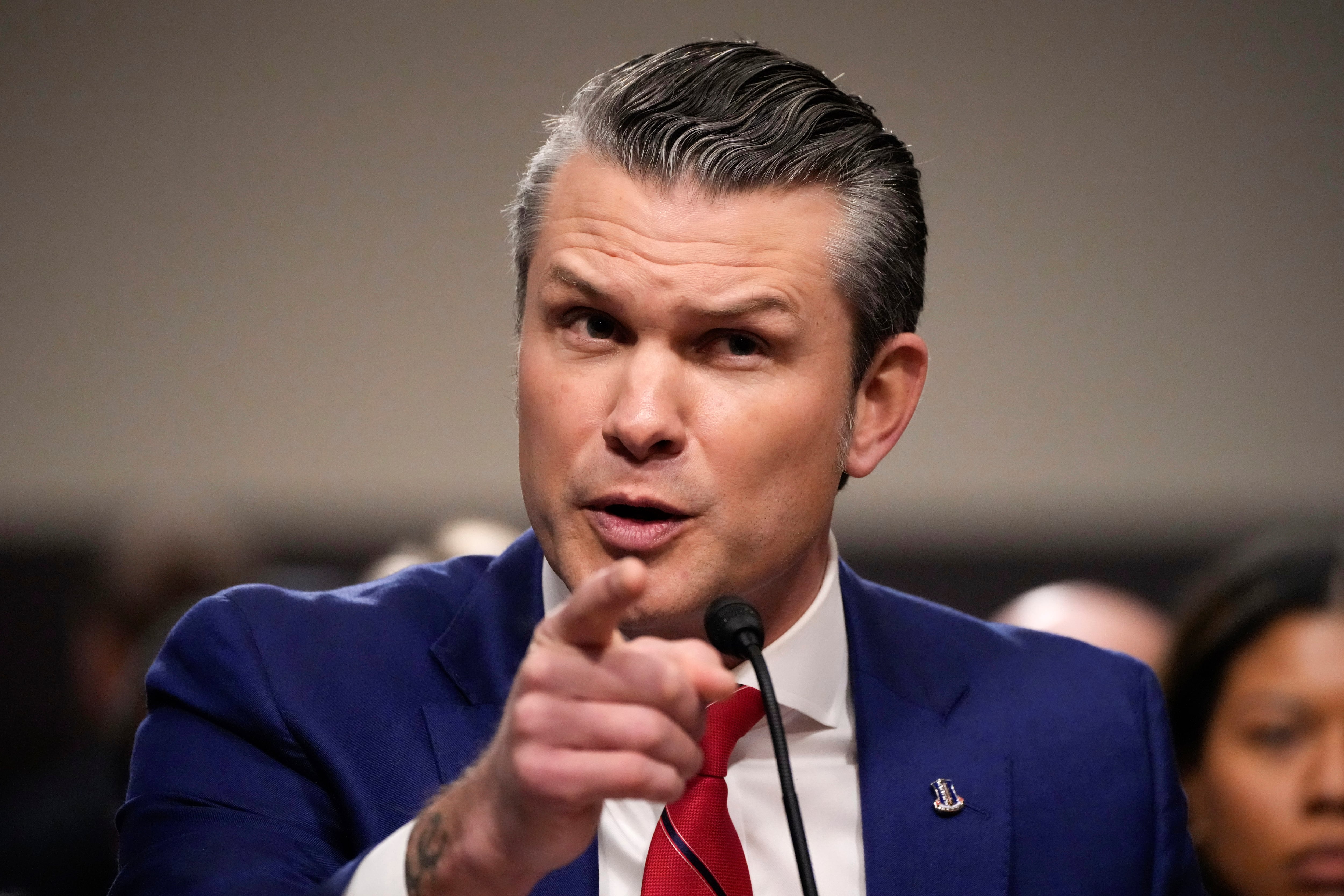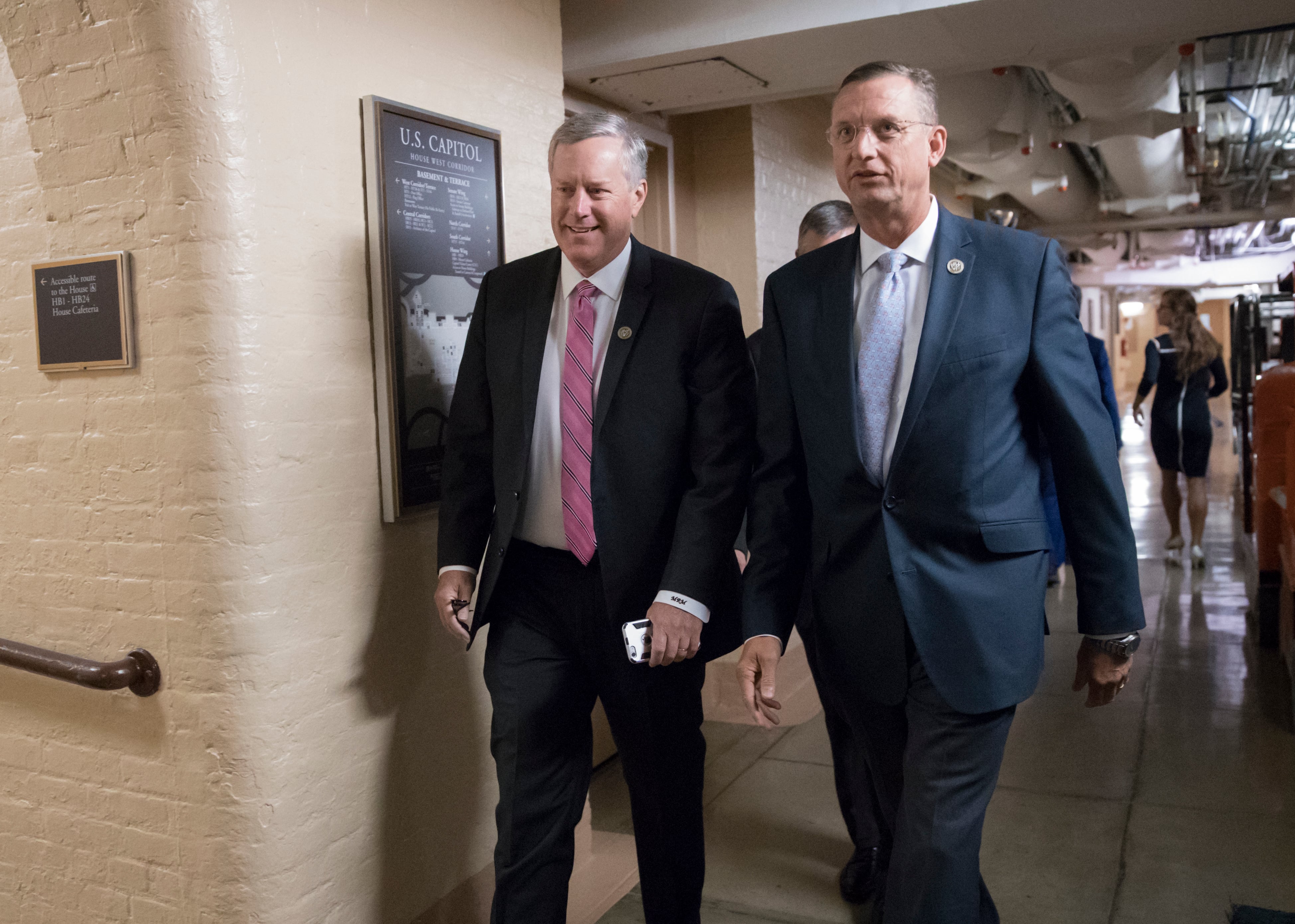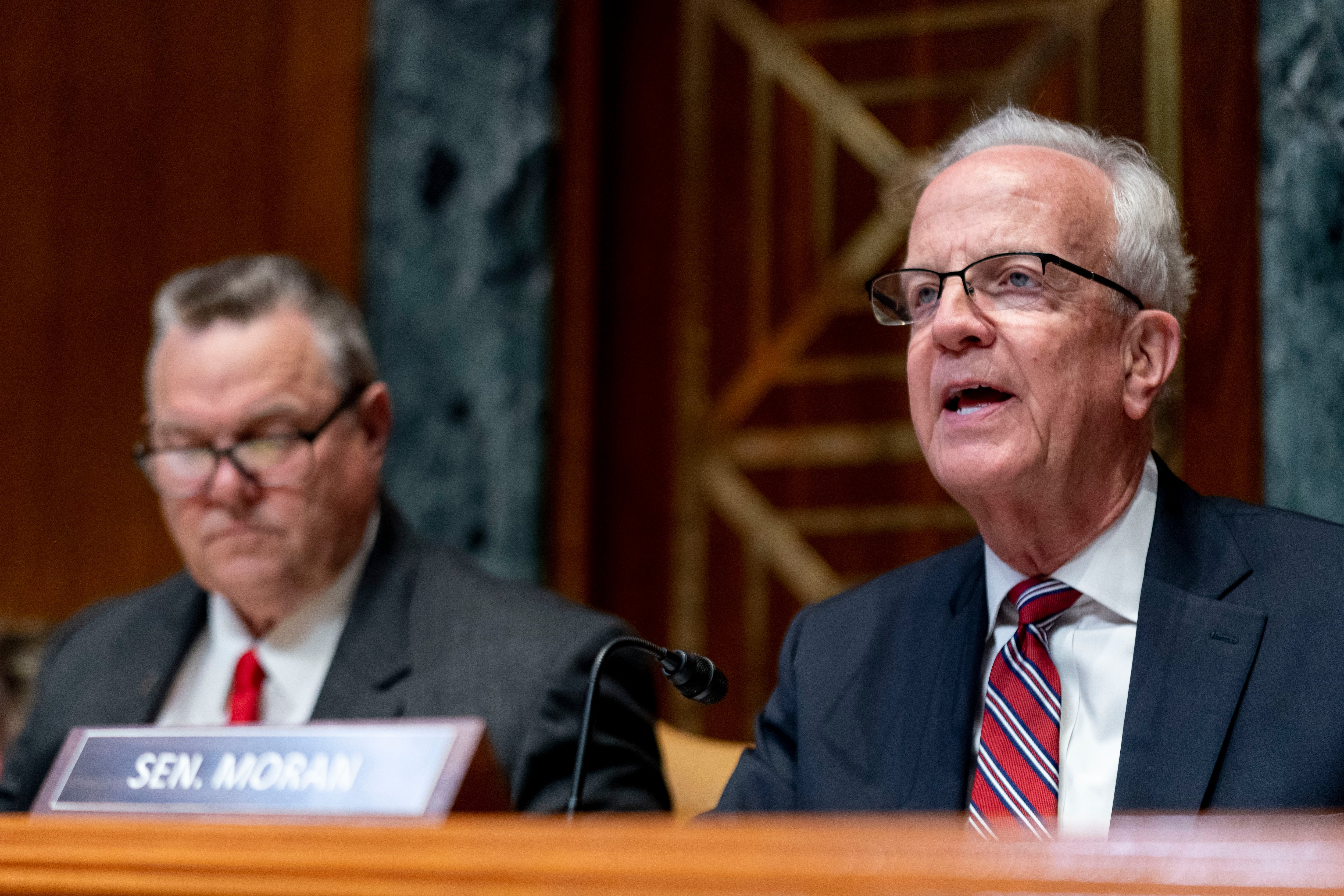RENO, Nev. — The U.S. Senate has voted for a massive expansion of a northern Nevada naval air training complex that will transfer of a huge swath of public land to the military.
The Senate on Thursday approved as part of the annual defense spending bill what is likely to be one of the final steps in yearslong negotiations to designate 872 additional square miles of land for bombing and military use to the Naval Air Station Fallon, which is 65 miles east of Reno.
The measure also designates more than 906 square miles of land for conservation, wilderness areas and other protected areas, as well as roughly 28 square miles of land and $20 million each to two Native American tribes. Churchill County, where the training facility is located, will also receive $20 million.
The Fallon complex is the Navy’s main aviation training range, supporting aviation and ground training, including live-fire exercises. All naval strike aviation units and some Navy SEALs train at Fallon before deployment.
The House approved the 2023 National Defense Authorization Act last week. It now awaits President Joe Biden’s signature.
The management of Nevada’s vast swaths of federal land, and the differing needs it serves, has long been a push-and-pull for different groups in Nevada that has resulted in legal battles over lithium mining, development, national monuments and endangered species designations. The training facility expansion has been under consideration for years as Nevada’s congressional delegation has introduced it time and again while trying to balance the interests of different groups, including the Navy, conservationists, counties and Native American tribes who have long considered the land to be sacred.
The expansion will “improve our national security, fuel economic growth in Churchill County, and preserve important cultural heritage sites for Tribal nations,” Democratic Sen. Catherine Cortez Masto said in a statement. Praise also came from Nevada Gov. Steve Sisolak and Sen. Jacky Rosen, both Democrats, and Republican Rep. Mark Amodei and Churchill County Chairman Pete Olsen.
The Navy has said the expansion is critical to meeting combat training needs for modern aircraft and weapons systems that have outgrown training capabilities over the past two decades.
“This critical legislation enhances our Nation’s security by allowing our Carrier Air Wings and Naval Special Warfare Teams to train in a more realistic environment and better prepare for strategic competition,” Secretary of the Navy Carlos Del Toro said in a statement.
Several groups have historically been split or mixed on the expansion, including conservationists and some nearby tribes. Brian Sybert, the executive director for the Conservation Lands Foundation, thanked Cortez Masto, Rosen and Amodei for “crafting a delicate community compromise that has resulted in the only conservation win within this year’s NDAA.”
But Patrick Donnelly of the Center for Biological Diversity called it “a devastating loss for Nevada wildlife.”
He said the public land set to be transferred is one of the few swaths of U.S. land that is largely absent of humans. He added that even parts of the land that will still be maintained by the U.S. Interior Department will still hold combat training exercises that can harm wildlife.
Tribes that have been living in the area where the training complex is located and who consider the valley to be sacred were more optimistic.
“While our tribe will never support the expansion of NAS taking more of our ancestral lands, we’re still very thankful and grateful of the many benefits that the NDAA for our tribe has,” said Cathy Williams-Tuni, the chairwoman of the Fallon Paiute-Shoshone tribe.
She has said the tribe would work closely with the military and Nevada’s delegation to “come up with — we don’t always want to say this word, but — a compromise.”
The Paiute-Shoshone Tribe is not against national defense, she added, but there is also an importance to the ancestral lands, with burial sites and artifacts spread out across it.
Over the past year, the Nevada congressional delegation, Interior Department and Navy officials have engaged with northern Nevada tribes that would be affected by the expansion. The assistant secretary of the interior also flew to Nevada to visit the land and the tribe. About two weeks ago, Williams-Tuni met with Department of Interior and Indian Health Service officials in Washington D.C.
Williams said Thursday that the next step is for the tribe to co-steward the lands with the Department of the Interior and the Navy, which she said could potentially include a cleanup program of military residue and the transfer of some vital materials to the tribe for heating subsystems.
The Fallon Paiute-Shoshone tribe funding will go toward building and maintaining a cultural center, and the Walker River Paiute tribe’s $20 million is due to past ordnance contamination on tribal land, with about 13 square miles held in trust.
Williams-Tuni said Thursday that although she still opposes the plan as a whole, she is looking forward to “explaining to our membership how we didn’t just give away, and we didn’t give in.”
When the NDAA passed the House last week, Amber Torres, chairman of the Walker River Paiute tribe, called it “a momentous day where an historic injustice against the Walker River Paiute Tribe has been resolved” in a statement.
Stern is a corps member for the Associated Press/Report for America Statehouse News Initiative. Report for America is a nonprofit national service program that places journalists in local newsrooms. Follow Stern on Twitter: @gabestern326.





